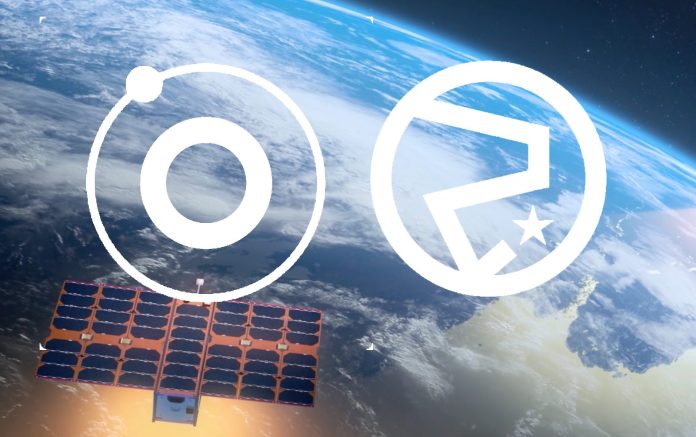KDDI-owned Soracom is offering satellite IoT connectivity via its global IoT connectivity platform, following a deal with Switzerland-based nanosatellite operator Astrocast. The deal enables Soracom to offer a “blended IoT connectivity solution”, it said, affording solution providers and enterprise customers a way to also connect IoT applications that cannot be served by terrestrial networks.
Astrocast, founded in 2014, has L-band spectrum at 1-2 GHz, at the top end of the ultrahigh frequency (UHF) range, via a relationship with UAE-based mobile-satellite service provider Thuraya. It makes its products in-house, from the satellites to the terminals; its headline ultra-low power Astronode S module was developed in combination with Airbus, CEA/LETI, and ESA.
The firm has a fleet of 12 nanosatellites as it stands, with a stated plan to have 20 in orbit by the end of 2022, 40 by the end of 2023, and 100 by 2025. It targets the agriculture, maritime, and utilities markets, as well as providing connectivity for environmental monitoring. In June, it announced a deal to acquire Dutch scale-up Hiber, which makes IoT solutions for remote industry, and had a headline deal with Royal Dutch Shell to monitor offshore oil wells.
Soracom said it picked Astrocast’s SatIoT solution because of its global coverage, cost model, power efficiency, and ease of use. By definition, it noted that “tiny differences in cost, performance, and lifetime will fundamentally change the return on investment” for enterprise IoT solutions. The Astrocast solution fits the bill, it suggested, offering battery life of five-to-10 years, and bi-directional comms for updating device software and metrics in hard-to-reach locales.
A press statement trotted out default stats about the role of IoT and satellite IoT to, respectively, improve and connect global enterprise operations: 83 percent of firms have already realised operational efficiencies from deploying IoT, but 85 percent of the globe has zero cellular coverage. The IoT market could generate $4-11 trillion in economic value by 2025, the statement said.
Kenta Yasukawa, chief technology officer at Soracom, said: “This is only the beginning… with Astrocast. The power of IoT to transform operations is indisputable…. But there is so much more that can be achieved… [This] will transform the ease with which integrators and businesses… can explore the power of [satellite IoT]. We want to work together with Astrocast, and our clients, to accelerate innovation… to ensure the most effective deployment of IoT.”
Fabien Jordan, chief executive and co-founder at Astrocast, said: “This is the first time a well-established communication provider like Soracom is expanding its global reach with satellite connectivity. There is a significant pent up demand across many industries for IoT deployments [where there is] zero cellular coverage. The availability of cost effective, low power, bidirectional satellite [IoT] provides opportunities for an array of organisations and use cases.”

